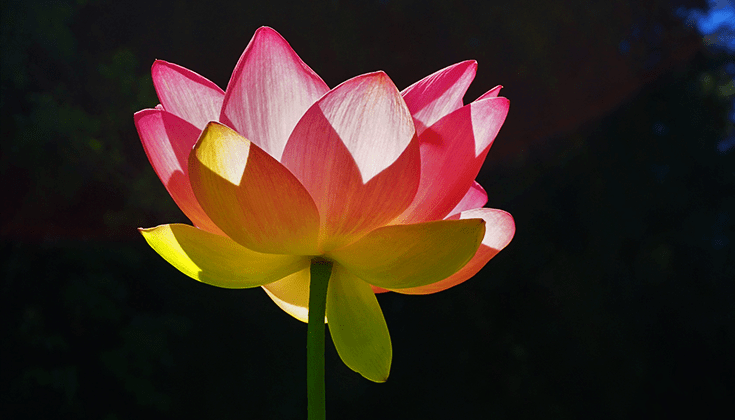The cultivation of love and compassion is a central aspect of the Buddhist path to enlightenment and liberation from suffering. In Buddhism, love is not limited to romantic or personal love but encompasses a broader sense of universal love and compassion for all sentient beings. There are many practices of love and compassion in Buddhism that are seen as powerful forces for reducing suffering in the world and fostering harmony and well-being.
Metta (Loving-Kindness)
Metta, often translated as “loving-kindness,” is a fundamental practice in Buddhism. It involves generating feelings of love and goodwill towards oneself and all beings. Metta meditation aims to develop a boundless, unconditional love that encompasses all sentient beings without discrimination.
Karuna (Compassion)
Karuna, or compassion, is another core practice in Buddhism. It involves developing a deep sense of empathy and compassion for the suffering of all beings. Karuna meditation cultivates the desire to alleviate the suffering of others and is often practiced alongside metta meditation.
Four Brahmaviharas (Divine Abodes)
Metta and karuna are two of the four brahmaviharas, or divine abodes, in Buddhism. The other two are mudita (sympathetic joy) and upekkha (equanimity). These qualities are considered elevated states of mind that promote loving-kindness, compassion, joy in others’ well-being, and equanimity in the face of changing circumstances.
The Great Vow and Interconnectedness
In Mahayana Buddhism, the bodhisattva vow reflects a commitment to attaining enlightenment not only for one’s own sake but for the benefit of all sentient beings. This vow embodies the spirit of selfless love and compassion for all beings, and it is central to Mahayana practice.
Transforming Negative Emotions
Buddhism offers methods for transforming negative emotions, such as anger and hatred, into love and compassion. By recognizing the destructive nature of negative emotions and cultivating their positive counterparts, individuals can experience greater inner peace and harmony.
Recognizing the Interconnectedness of All Beings
Buddhism teaches the interconnectedness of all life. Understanding this interconnectedness fosters a sense of responsibility and care for all beings, as harm to one is ultimately harm to all.
Related Reading
Building a Community of Love: bell hooks and Thich Nhat Hanh
In this conversation, bell hooks and Thich Nhat Hanh reflect on the enduring legacy of Martin Luther King, Jr., and discuss how we can build a community of love.
Toward a Worldwide Culture of Love
The practice of love, says bell hooks, is the most powerful antidote to the politics of domination.
The Practice of Love
For many of us, opening our hearts to ourselves may be the hardest part of the path. Here, the late John Welwood shares how and why meditation helped him do it — unconditionally.
This Is the Buddha’s Love: An Interview with Thich Nhat Hanh
The great Buddhist teacher Thich Nhat Hanh talks about non-self, interdependence, and the love that expands until it has no limit.
Authentic Love
Sumi Loundon Kim weighs in on seeing and communicating clearly in love and marriage.
The Perfect Love We Seek, The Imperfect Love We Live
Psychologist John Welwood looks at the difference between absolute and relative love, and the wound within each of us that no other can heal.
Buddhism A–Z
Explore essential Buddhist terms, concepts, and traditions.







